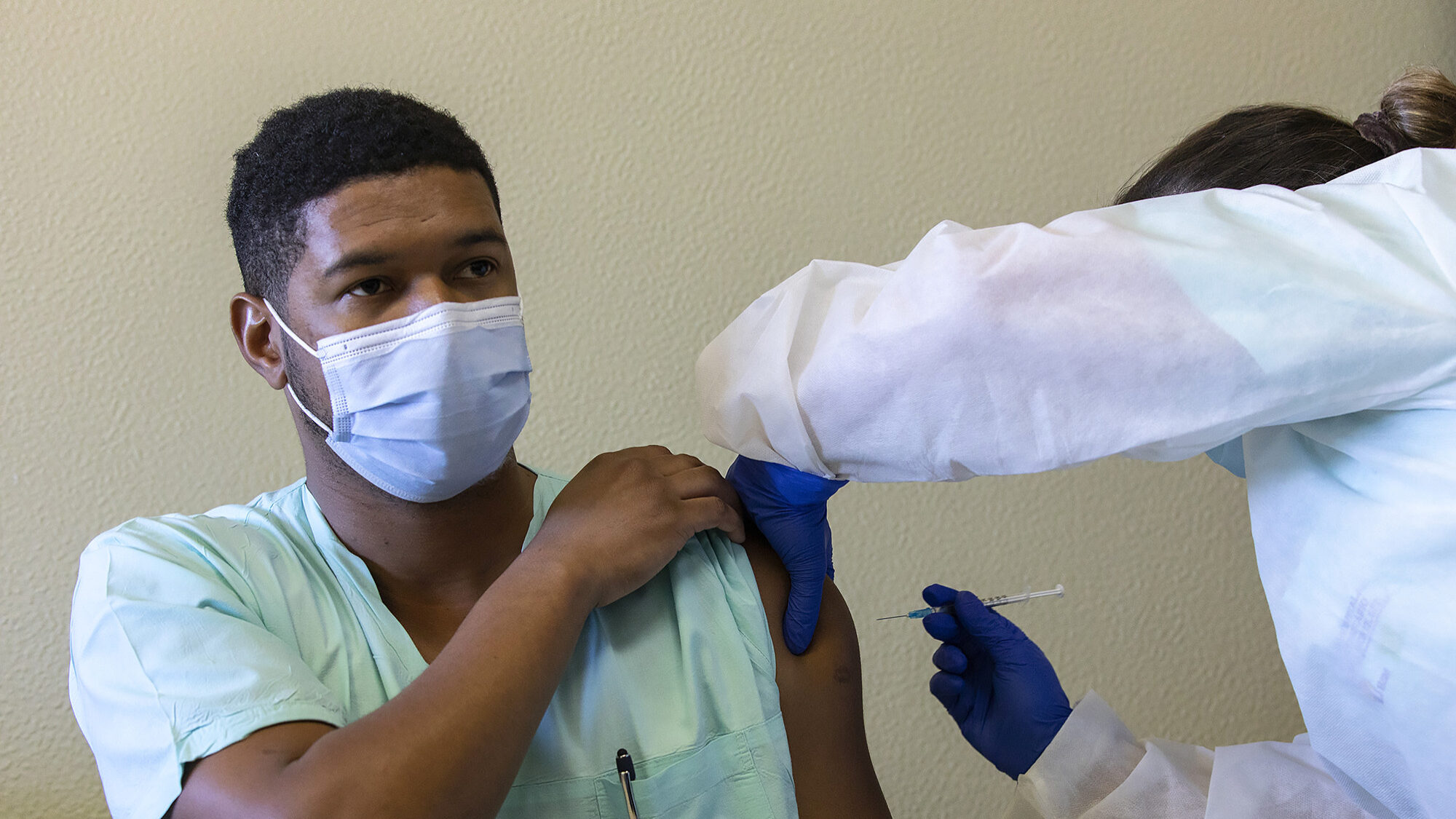Delta variant predominates in Portugal since August 9 – INSA
According to the latest situation report on genetic diversity of SARS-CoV-2 in Portugal, The Delta variant of Covid-19 has been dominant in all regions of Portugal since August 9.
The Delta variant of the coronavirus that causes Covid-19 has been dominant in all regions of Portugal since August 9, with a relative frequency of 100%, according to an INSA report released on Tuesday.
According to the latest situation report on genetic diversity of SARS-CoV-2 in Portugal, from the National Institute of Health Doutor Ricardo Jorge (INSA), the Delta variant presents a relative frequency of 100% in week 34 (23 to 29 August) in all regions, a situation verified since week 32 (9 to 15 August).
The report published on INSA’s website states that 66 of the Delta variant sequences analysed so far have the additional K417N mutation in the Spike protein (AY.1 sub-lineage), adding that this sub-lineage has maintained a relative frequency below 1% from week 14 to June 20.
According to INSA researchers, the relative frequency of variants Beta (B.1.351) and Gamma (P.1), initially associated with South Africa and Brazil (Manaus), remains low and without an increase. So far, no cases of these two variants have been detected in the sampling weeks from August 9 to August 29.
The researchers of the Bioinformatics Centre of the Infectious Diseases Department at INSA have analysed 15,814 sequences of the genome of the new coronavirus, obtained from samples collected in more than 100 laboratories, hospitals, and institutions representing 303 municipalities in Portugal.
Within the scope of the continuous monitoring of the genetic diversity of SARS-CoV-2, INSA has analysed an average of 554 sequences per week since the beginning of June 2021, from samples randomly collected in laboratories distributed throughout the 18 districts of mainland Portugal and the Autonomous Regions of Azores and Madeira, covering an average of 124 municipalities per week.
As of June, INSA has adopted a new strategy for continuous monitoring of the genetic diversity of the new coronavirus in Portugal, which is based on weekly nationwide sampling.
“This approach will allow for a better genetic characterisation of SARS-CoV-2, as the data will be analysed continuously, with no more time intervals between analyses,” INSA said.
The “Study of the genetic diversity of the new SARS-CoV-2 coronavirus (Covid-19) in Portugal” is being conducted by INSA since April 2020 with the main objective of determining the mutational profiles of SARS-CoV-2 for the identification and monitoring of transmission chains of the new coronavirus, as well as identification of new introductions of the virus in Portugal.
Covid-19 has caused at least 4,574,225 deaths worldwide, among more than 221.13 million infections by the new coronavirus recorded since the start of the pandemic, according to the most recent assessment by the Agence France-Presse.
In Portugal, 17,810 people have died, and 1,047,710 confirmed cases of infection have been recorded since March 2020, according to data from the country’s national health authority, the DGS.


